 Buying a home is an exciting time, but it can be overwhelming, especially for first-time buyers who have decided to stop renting. The mortgage process involves many steps, including pre-qualification and preapproval. Not to mention, there are several different mortgage options offered by lenders. Before starting the house-hunting process, it's important to understand how mortgage options work and what types of loans are available. Here's a broad overview of mortgage options to get you started.
Buying a home is an exciting time, but it can be overwhelming, especially for first-time buyers who have decided to stop renting. The mortgage process involves many steps, including pre-qualification and preapproval. Not to mention, there are several different mortgage options offered by lenders. Before starting the house-hunting process, it's important to understand how mortgage options work and what types of loans are available. Here's a broad overview of mortgage options to get you started.
For informational purposes only. Always consult with a licensed mortgage or home loan professional before proceeding with any real estate transaction.
Conventional Loans
Conventional mortgages are a type of loan that isn't insured or guaranteed by the U.S. government. These loans, backed by private lenders, are the most popular type. Approximately 70–75% of homebuyers choose a conventional mortgage. However, several types of mortgages fall under the conventional umbrella.
- Fixed-rate conventional loans. These mortgages retain the same interest rate throughout the life of the loan (unless refinanced at a later date).
- Adjustable-rate conventional loans. Often referred to as “ARM” (adjustable rate mortgages), the interest rates will fluctuate over the life of the loan to align with current market rates. This means interest payments can go up or down from month to month.
- Conforming conventional loans. These loans meet the funding criteria of both Fannie Mac and Freddie Mac and are a good option for individuals with excellent credit.
- Nonconforming conventional loans. Often referred to as “jumbo” loans, the terms associated with nonconforming mortgages vary from lender to lender; individuals with less than stellar credit are sometimes steered toward this type of loan.
- Low-down-payment conventional loans. Lenders are sometimes willing to waive the traditional 20% down payment amount to certain borrowers and accept a lower amount.
It's important to understand the terms and conditions of conventional loans, as not all loans are created equal. Before committing, understand the different variables across the types of conventional mortgages.
FHA Loans
FHA loans are mortgages that are insured by the U.S. Federal Housing Administration (FHA). This mortgage option is popular with first-time buyers who have little savings or lower credit scores. The FHA insures these loans, which protects the lender in the event of a default. Due to this promise, FHA lenders are willing to offer borrowers favorable mortgage terms, even if they otherwise wouldn't qualify for a home loan. Lenders are required to be FHA-approved to offer this type of mortgage.
Sign Up for free Get the first to receive the latest listing updates, save favorites & much more by signing up.
If you already have in account, SIGN IN.
VA Loans
Made available by the U.S. Department of Veterans Affairs (VA) to servicemembers, veterans, and eligible surviving spouses, these mortgages help individuals in these groups become homeowners. The VA itself does not offer mortgages; rather, the VA guarantees the loans made by qualified lenders. This guarantee enables members of the military community to buy a home with favorable loan terms from lenders; borrowers are often not required to make a down payment.
USDA Loans
This is a lesser-known option because many assume that buyers must be purchasing farmland to qualify. This isn't the case. The U.S. Department of Agriculture (USDA) offers this loan program designed to encourage individuals to buy property in rural (and, in some cases, suburban) areas. The USDA offers two primary types of mortgage options.
- USDA Direct Loans. Known as “Section 502 Direct Loan Program,” this mortgage type is offered to low-income borrowers. In some cases, the life of the loan is permitted to go beyond the normal 30-year cap for qualified buyers. Interest rates are subsidized and range from 1%–2.5%.
- Guaranteed Loan. This mortgage is backed by the USDA but is issued by private lenders. Individuals with moderate income levels are eligible.
Both USDA mortgage types offer flexibility and do not require PMI (private mortgage insurance). However, other fees may be bundled into the loan. Additionally, income caps may vary from region to region in the U.S.
Before pursuing a mortgage, it's important to research to understand the options. The best mortgage depends on one's individual financial situation. It isn't a one-size-fits-all answer.
For informational purposes only. Always consult with a licensed mortgage or home loan professional before proceeding with any real estate transaction.

Leave A Comment